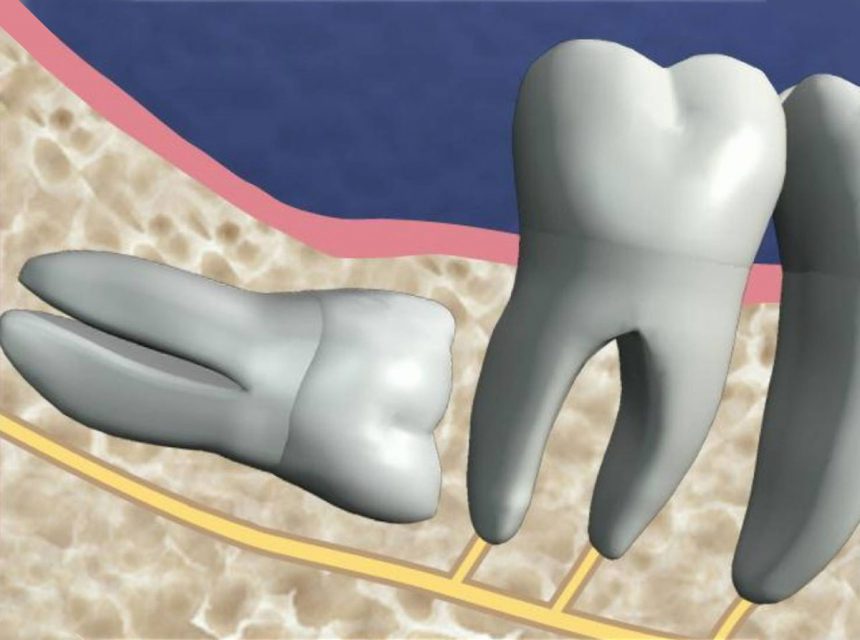The last last teeth in our mouth are the third molars. They usually begin to ride between the ages of 17 and 25. Whether these teeth are left in the mouth is controversial. If they drive in the correct position and do not damage the surrounding tissues, there is no harm in keeping this tooth in place. It can be decided to draw a tooth (fixed by x-ray) fused to the jaw bone and taking into account the future damages. In case of space shortage in the back of the tooth, the tooth can be attached to the gingiva-bone and other adjacent dental barrier.
Fully buried 20th age teeth; are generally not a problem. But they need to be followed by x-ray. Although they are fully buried, they can sometimes press the roots of the front tooth.

Teeth with partially removed 20th age; are the most problematic. Since they cannot be fully removed, they try to get out by pressing the tooth in front. The pocket (hood) formed with the gum piece on them becomes inflamed due to the escape of food residues and bacterial growth over time. As a result of inflammation of the gum around the tooth; pain, swelling, abscess occurs. They also create a suitable environment for caries.
Fully ejected 20th age teeth; usually do not cause problems, but sometimes they have brushing difficulties because they are too far behind and cannot reach the desired position. Therefore, it may be considered to be taken as a preventive measure in patients with poor oral care.
Briefly, the conditions that require 20-year old female withdrawal:
Rotten: Saliva, bacteria and food particles accumulate in the nest opened by the newly emerging tooth, threatening both the wisdom tooth and the molar tooth next to it. It is quite difficult to notice and treat this type of bruise. Heavy pictures can occur, leading to pain and infection, resulting in abscesses.
Gum Disease (perichoronitis): An infection focus is created in the gum of a partially dislocated twential tooth in which bacterial and food residues are stored. This causes bad breath, pain, edema and trismus (inability to lock the mouth completely). Infection can spread to the cheek and neck through lymph.
Pressure Pain: If pressure is applied to neighboring teeth while riding, a pain may also be felt due to pinching. In some cases, this pressure causes wear.
Orthodontic Causes: Since twenting teeth of 20 years will reflect on other teeth, there is a movement in other teeth, and the distortion may increase.
Causes of Prosthetics: In a mouth with prosthetic planning, it is necessary to take into account twenties.
Cyst Formation: Cystic cases caused by an impacted tooth have been observed. The cyst causes bone destruction, jaw enlargement, and displacement or damage of the surrounding teeth. To prevent bone destruction, teeth should be pulled and the cyst should be cleaned. Rarely, if this cyst spreads to very large areas, it can turn into tumors or cause spontaneous breaks in the jaw bone.

